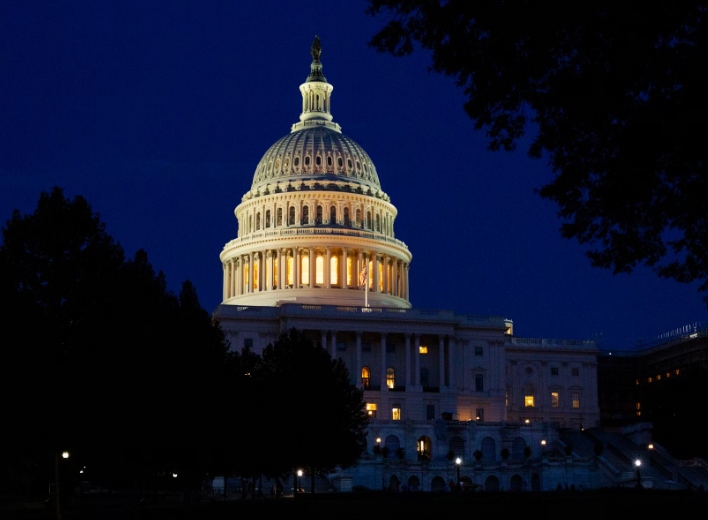In a democratic society, civil liberties play a crucial role in preserving the principles of freedom, equality, and justice. These fundamental rights and freedoms are essential for the functioning of a democratic system, as they ensure that individuals have the autonomy and protection necessary to exercise their rights, express their opinions, and participate in the governance of their country. Therefore, it is of utmost importance to protect civil liberties to safeguard the democratic values upon which our society is built.
First and foremost, civil liberties protect individual rights. They encompass a wide range of freedoms such as freedom of speech, assembly, religion, and the press. These rights allow citizens to express their thoughts and beliefs without fear of censorship or persecution. By protecting these liberties, a democratic society encourages diversity of thought and fosters an environment where individuals can voice dissenting opinions and engage in open dialogue. This, in turn, leads to a more informed and inclusive society.
Moreover, civil liberties are essential for the proper functioning of democratic institutions. They provide the necessary checks and balances to prevent the abuse of power by those in authority. By ensuring the right to a fair trial, for example, civil liberties protect individuals from arbitrary detention and guarantee that justice is meted out impartially. Similarly, the right to privacy shields citizens from unwarranted surveillance by the government, preserving their autonomy and preventing the state from overstepping its boundaries. These protections are vital for maintaining public trust in the democratic process and reinforcing the legitimacy of government actions.
Furthermore, civil liberties are crucial for the protection of minority rights. In a diverse society, it is essential to ensure that all individuals, regardless of their race, religion, gender, or sexual orientation, are treated equally under the law. Civil liberties act as a shield against discrimination and provide marginalized groups with the legal framework to challenge unjust practices. By safeguarding these liberties, a democratic society demonstrates its commitment to equality and social justice.
Additionally, civil liberties are closely interconnected with the concept of human dignity. They acknowledge the inherent worth and value of every individual and emphasize the importance of treating others with respect and empathy. By protecting civil liberties, a democratic society creates an environment where citizens can live with dignity, free from discrimination, harassment, or persecution. This fosters a sense of belonging and allows individuals to fully participate in society, contributing their unique perspectives and talents for the betterment of all.
However, it is important to note that protecting civil liberties in a democratic society does not mean that there are no limitations or restrictions on these rights. In certain circumstances, such as during times of national security concerns or public emergencies, some civil liberties may be temporarily limited. However, any such limitations should be justifiable, proportionate, and subject to scrutiny to prevent abuse of power.
In conclusion, protecting civil liberties is of utmost importance in a democratic society. These fundamental rights ensure individual autonomy, protect against abuse of power, and uphold the principles of equality and justice. By safeguarding civil liberties, a democratic society fosters an environment where diversity of thought and expression can thrive, and where every individual is treated with dignity and respect. It is our collective responsibility to defend these liberties to maintain the democratic values that form the foundation of our society.





